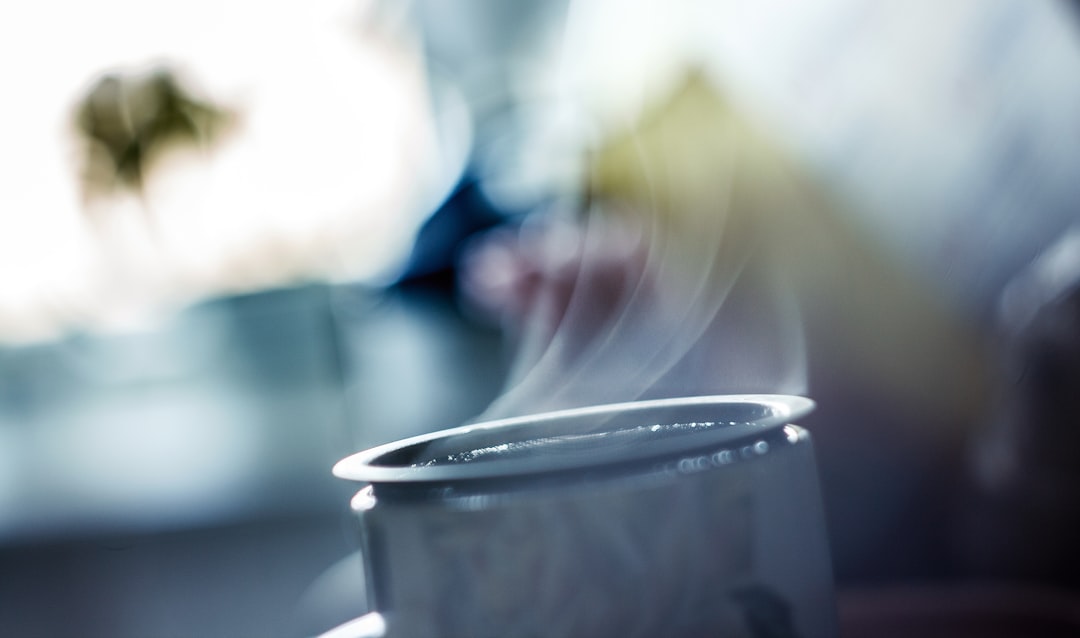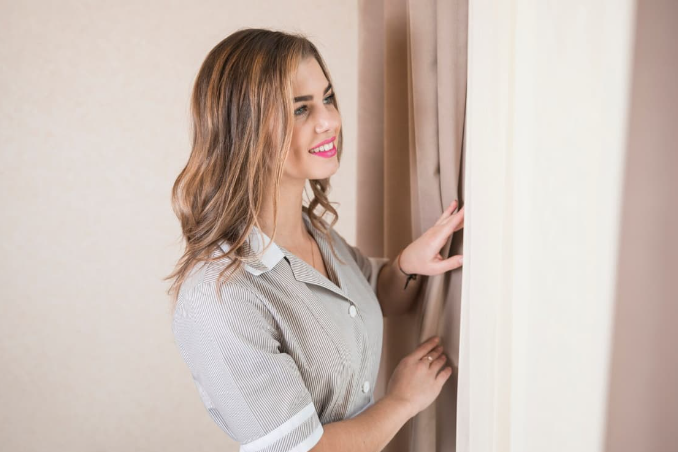“你好” is a simple but powerful greeting that is used in various situations, such as when you meet someone for the first time, when you enter a store or a restaurant, or when you answer a phone call. It’s one of the first phrases that foreigners learn when they start studying Chinese because it’s polite, easy to remember, and widely used. This greeting is not just a formality; it is a way to express genuine interest in the other person’s well-being.
Using “你好” shows respect and friendliness towards the person you’re addressing. In Chinese culture, it’s essential to maintain harmonious relationships, and using appropriate greetings is a crucial part of that. By saying “你好”, you’re acknowledging the other person and showing that you care about their well-being. This small gesture can go a long way in establishing rapport and showing that you value cultural etiquette.
Other Essential Chinese Phrases to Know
Knowing how to greet someone in Chinese is just the beginning. Here are some other essential phrases that will come in handy when communicating with Chinese speakers:
- “谢谢” (xiè xiè) – thank you
- “对不起” (duì bù qǐ) – sorry
- “我叫” (wǒ jiào) – my name is
- “再见” (zài jiàn) – goodbye

How to Use “你好” Correctly
While “你好” is a simple phrase, there can be some nuances to using it correctly. Here are some essential things to keep in mind:
- “你好” is pronounced as “nǐ hǎo”, with the 3rd tone on “nǐ” and the 3rd tone on “hǎo”. The 3rd tone is a falling-rising tone, so make sure to pronounce it correctly to avoid confusion.
- When saying “你好”, it’s essential to have a neutral facial expression and tone of voice. In Chinese culture, showing too much emotion, especially in public, is considered impolite.
- When someone greets you with “你好”, you can reply with the same phrase or “你好吗” (nǐ hǎo ma), which means “are you good?”. The latter can be a way to initiate a conversation and express interest in the person’s life. It’s a friendly gesture that may lead to a more substantial exchange.
Common Mistakes to Avoid

- Using “你好” in informal situations or with close friends. In Chinese culture, it’s customary to use more casual greetings with friends and family, such as “嗨” (hài) or “你好吗” (nǐ hǎo ma).
- Forgetting to use a person’s title or last name when greeting them in a formal setting. In Chinese culture, it’s important to address people with their title or last name to show respect.

- Using “你好” as a response to “谢谢” (xiè xiè). While it may seem polite to say “你好” in response to “谢谢”, in Chinese culture, it’s considered strange and unnatural. Instead, you can respond with “不客气” (bú kè qì), which means “you’re welcome”. This is the culturally appropriate way to acknowledge someone’s gratitude.
How to Practice Chinese Phrases
Now that you know some essential Chinese phrases, how can you practice them? Here are some tips:
Use Language Learning Apps
There are numerous language learning apps available that can help you practice Chinese phrases and improve your pronunciation. Some popular options include Duolingo, HelloChinese, and Memrise. These apps often use interactive methods and gamification to make learning engaging and effective.
Find a Language Exchange Partner
One of the best ways to practice Chinese phrases is by finding a language exchange partner. You can use websites like Conversation Exchange or Tandem to connect with Chinese speakers who are looking to practice their English skills. This will give you the opportunity to have conversations with a native speaker and receive feedback on your pronunciation. It’s a mutually beneficial arrangement that can also lead to lasting friendships.
Join a Language Learning Group
Joining a language learning group, either in person or online, is another great way to practice Chinese phrases. You’ll be able to practice with other learners and receive feedback and tips from more advanced speakers. These groups can often be found on social media platforms or through community centers and educational institutions.
Final Thoughts
“你好” is a simple but essential Chinese greeting that can help you build relationships and make a good impression. By learning this and other common phrases, you’ll be able to communicate more effectively with Chinese speakers and gain a deeper understanding of their culture. Remember to practice regularly and be open to making mistakes, as it’s all part of the learning process. So, go ahead and start practicing your Chinese phrases, and you’ll be on your way to mastering this beautiful language in no time.
FAQs
1. What is the meaning of “你好” in Chinese?
Answer: “你好” translates to “hello” or “hi” in English. It is a common greeting used in Chinese to show respect and friendliness.
2. When should I use “你好” in Chinese?
Answer: “你好” is a versatile greeting that can be used in various situations, such as when meeting someone for the first time, entering a store, or answering a phone call.
3. Are there any other common Chinese greeting phrases besides “你好”?
Answer: Yes, besides “你好”, other common Chinese greeting phrases include “早安” (zǎo ān) for “good morning” and “晚安” (wǎn ān) for “good evening”.
4. How can I respond to someone who greets me with “你好”?
Answer: You can respond with “你好” as well, or you can ask “你好吗” (nǐ hǎo ma) which means “Are you good?” to initiate a conversation.
5. What are some common mistakes to avoid when using “你好” in Chinese greetings?
Answer: Avoid using “你好” in informal situations with close friends, forgetting to use titles or last names in formal settings, and using “你好” as a response to “谢谢” (xiè xiè).







